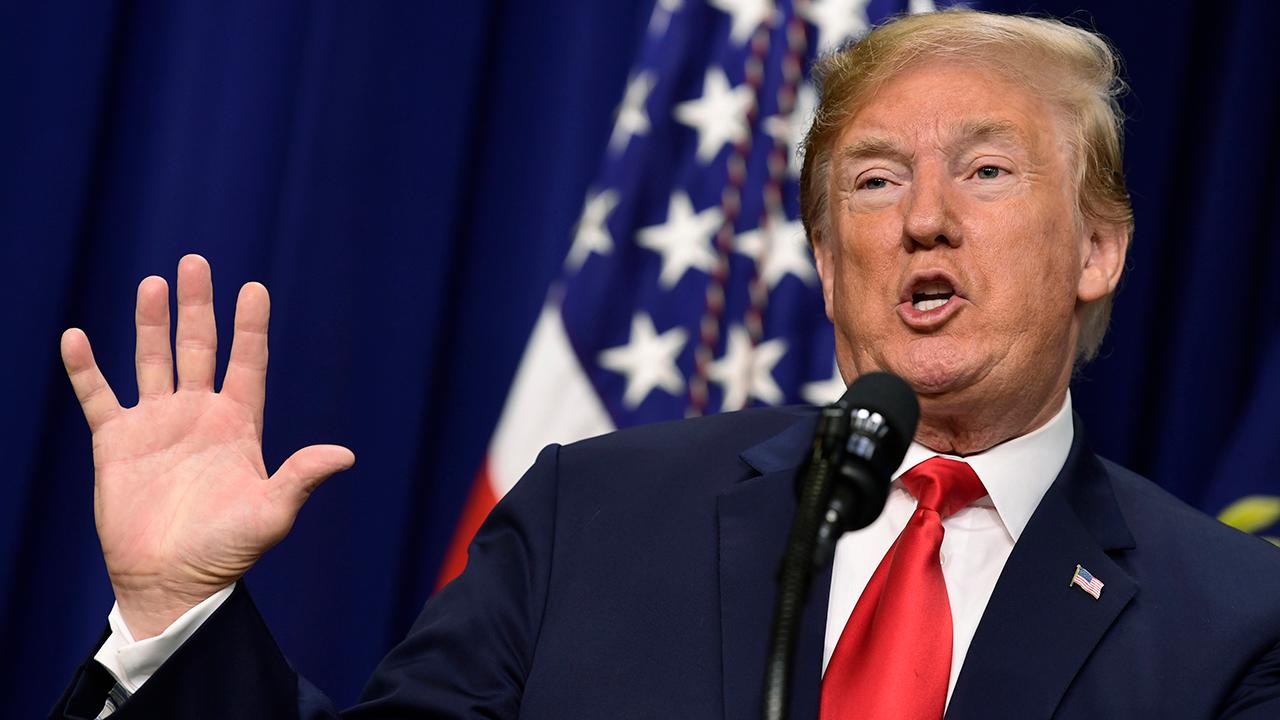Can Trump fire Fed chairman Jerome Powell?
While President Trump may have hand-picked Jerome Powell for the job of chair of the Federal Reserve less than one year ago, he hasn’t been shy about voicing his disappointment in his performance over last few months.
On multiple occasions, Trump has expressed his desire to terminate Powell over raising interest rates that have led to big market sell-offs. In a Christmas Eve tweet, Trump said the Fed was the only problem the U.S. economy has.
However, despite the stock market dives, does Trump really have the power to fire Powell if he wanted to?
The short answer is that no one knows for sure as no president has ever attempted it before.
According to the Fed’s website, while the president appoints the Fed’s board of governors, including the chairman, the central bank derives its authority from Congress, which created the System in 1913 with the enactment of the Federal Reserve Act.
This means that the board reports to and is directly accountable to Congress but, “unlike many other public agencies, it is not funded by congressional appropriations.”
However, according to the Federal Reserve Act, the only way Trump could remove Powell or any other governor of the central bank is “for cause.”
For example, if Powell broke the law that could be construed as adequate “cause” for his dismissal.
Even then, from a purely legal perspective, such a termination would have to be contested by Powell in court and then it would still fall to the courts to decide whether Trump had adequate cause for Powell’s termination.
Several administration figures are convinced that neither a big market sell-off nor a recession resulting from interest rate hikes would be adequate cause for a dismissal – something the president reportedly understands.
Trump’s incoming chief of staff, Mick Mulvaney, confirmed on Sunday in an interview with ABC’s “This Week,” that Trump now recognizes that he “doesn’t have the ability” to fire Powell, despite disagreeing with him.
Mulvaney also acknowledged that the tension between the president and the Federal Reserve isn’t unusual.
"So the tension between the president and an independent Fed is traditional as part of our system," Mulvaney told ABC News, adding, "It shouldn't be surprising to anybody that the president is not happy that the Fed is raising rates, and, we think, driving down the value of the stock markets.”




















